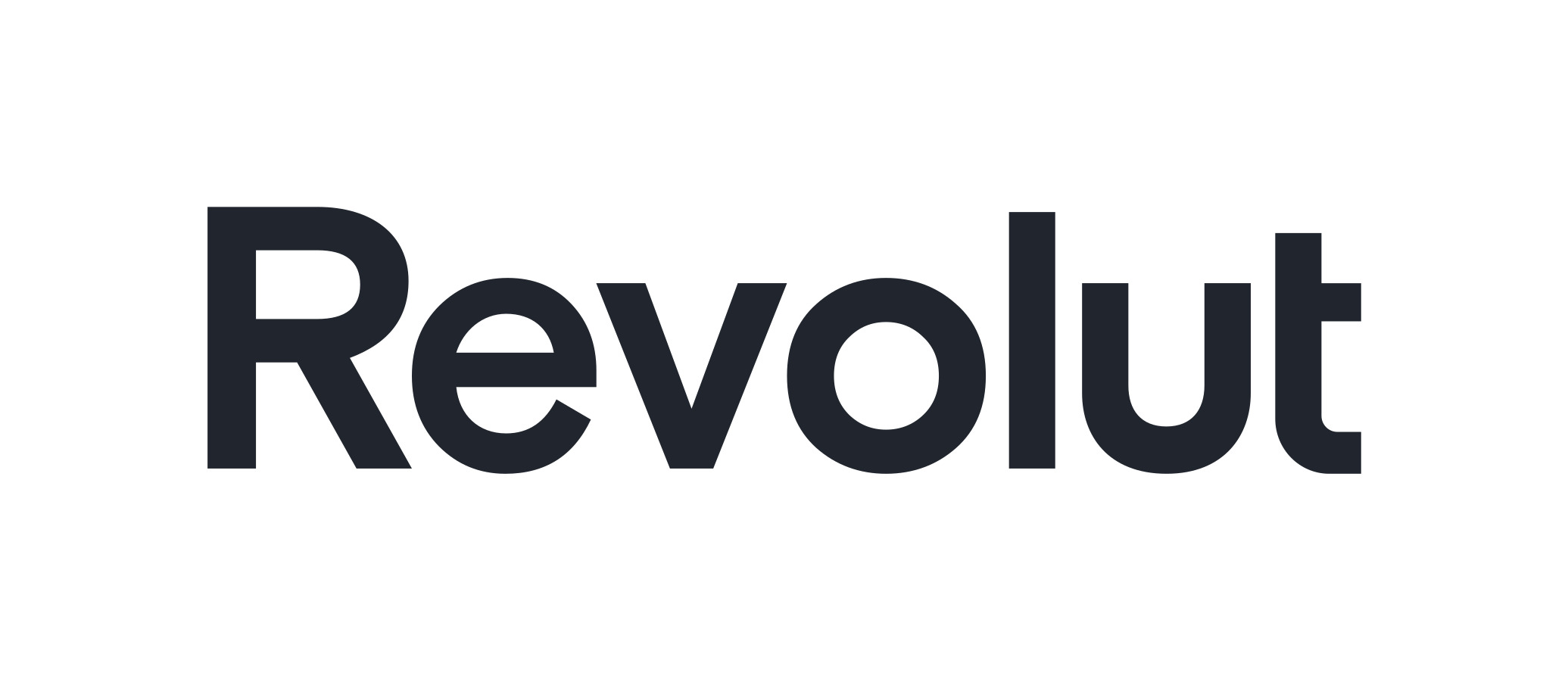The UK is one of the most exciting startup economies in the world. Back in February 2025, there were 5.63 million active companies registered with Companies House, setting a new record.
But whilst there’s no doubt that the country is home to many exciting startups, it’s the scale-ups that managed to take it a step further that are really making global headlines.
What Are Scale-Ups?
Scale-ups are companies that started their journey as startups, but have continued to grow and expand.
If you think about startups as a young plant finding its roots, a scale-up is a strong tree firmly planted in its place.
Generally, startups transition to scale-ups if they tick one of the following criteria:
- 20% growth over 3 years
- Large customer base
- Plan for continued expansion and focus on growth
In essence, scale-ups have proven that they can survive beyond the startup phase and are able to grow into market-leading companies both regionally and globally.
So, what are some of the top scale-ups in the UK? Let’s take a look…
Octopus Energy
Founded in: 2016
Valuation: $9bn (May 2024)
Back in 2016, Octopus Energy took on big energy companies with their clean energy solutions. The company, which now powers over 6 million homes worldwide, entices customers in with their low cost, sustainable energy sources – promising the lowest variable rate on the market.
The company has expanded worldwide to power homes across the UK, Germany, The USA, Japan, Spain, Italy, France and New Zealand.
More from Business
- Top 10 Ways VoIP Can Improve Customer Service
- The Evolving Role Of Compliance In Business
- How To Start A Business In Albania
- Landline Switch-Off: A Wake Up Call
- What Is A Due Diligence Audit for Startups?
- Boosting Small Business Growth In The UK: A Practical Guide
- How To Start A Business In Liechtenstein
- The Impact of Population Growth on Global Commodity Demand
Monzo
Founded in: 2015
Valuation: $5bn (April 2024)
Monzo is a banking app that set out to make banking easier and more transparent for their users.
At the time of launch, banking was still very much a brick and mortar business, with easy tasks like ordering cards, freezing accounts and transferring money still being long and arduous. By making the process more digital, Monzo has propelled itself to become one of the UK’s biggest banks.
Brewdog

Founded in: 2007
Valuation: $2 billion (early 2023)
Back in 2007, Brewdog set out to disrupt the world of beer. As the founders grew tired of the same companies churning out average-tasting ales and lagers, they decided to come up with a business that had character and taste at its core.
Today, Brewdog doesn’t just sell beer – it has bars all over the world and employs hundreds of people.
Revolut

Founded in: 2015
Valuation: $48 billion (April 2025)
Revolut is another fintech app designed to give people better peace of mind around their money. It offers digital banking services that include debit and credit cards as well as foreign exchange trading and investing.
Originally started in the UK, Revolut has quickly expanded to over 40 countries across Europe, The US, Australia, Singapore and Japan.
PensionBee

Founded in: 2014
Valuation: £346-385 million (March 2022)
Back in 2014, PensionBee set out to change the pension sector. At the time, it was hard for people to consolidate their pensions or open private accounts – which is where PensionBee came in.
Since starting, the company now has over 200,000 customers and has announced plans to expand to the US.
Zilch

Founded in: 2018
Valuation: $2bn (Dec 2024)
Zilch is a fintech company that used a ‘buy now pay later’ model to help consumers combat high credit costs. Just last month, The FT wrote that it was the fastest growing unicorn in the country.
Within 44 months of launch, the company had more than 4 million customers, turning over billions in revenue.
Cera

Founded in: 2016
Valuation: $1bn (Jan 2025)
Cera has grown into one of the biggest health-tech companies in the UK – using tech and AI to help people receive better care at home.
The company now employs 10,000 carers and healthcare professionals, linking them up with families that need healthcare at home. To date, their AI tools have reduced patient hospitalisations by 70% and saved the UK Government and NHS £1 million a day.



